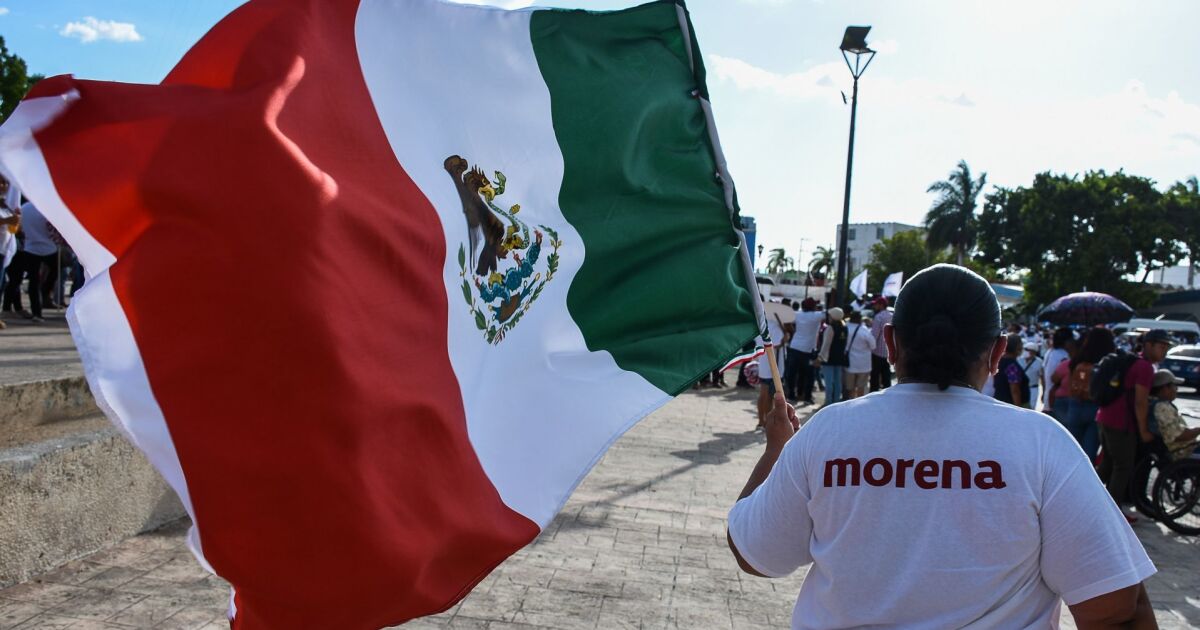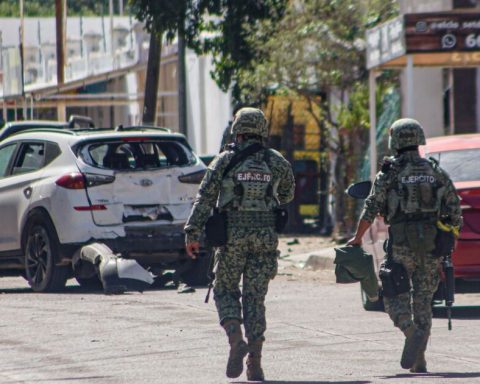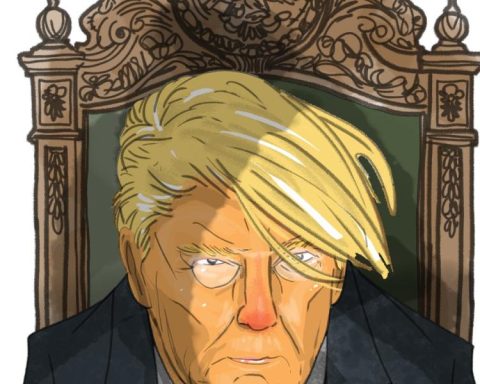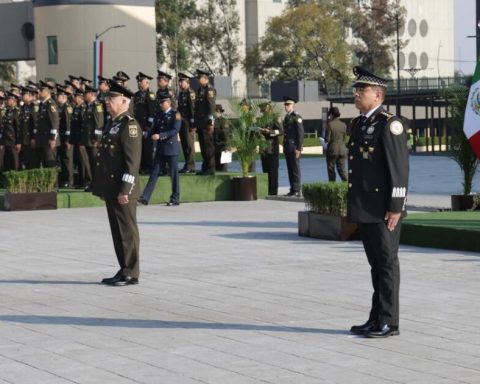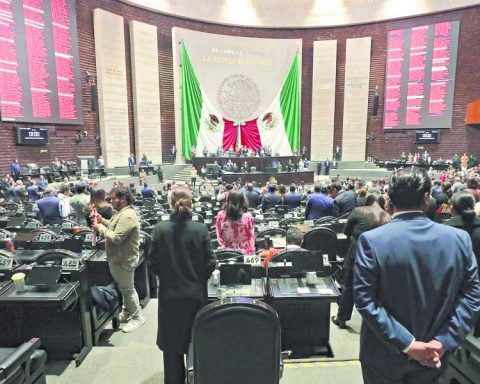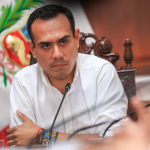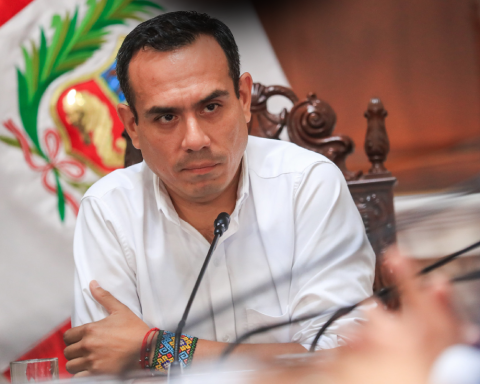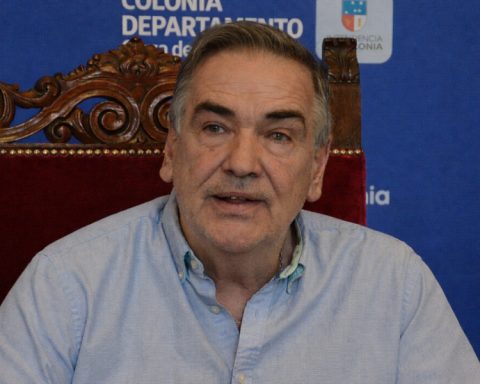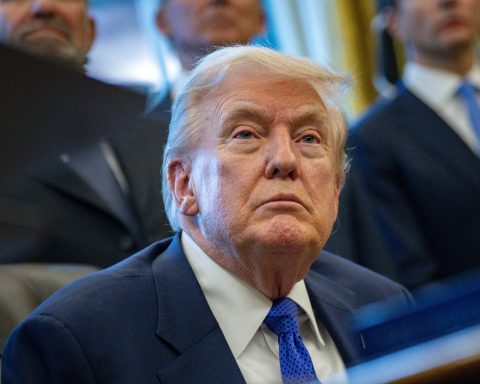The same will happen with the state Congresses, totally disciplined, it is estimated.
In no case since 2018 have the local legislatures of Morena and its allies stopped following “the line” in matters of interest to President López Obrador, such as the approval of constitutional reforms, for which it is required, in addition to the approval of the Federal Congress, the endorsement of half plus one of the state legislatures.
Now, as a result of this Sunday’s elections, the Together We Make History Coalition endorsed victories in all the districts of Quintana Roo, so it will again have a legislative majority in that entity and will maintain control in 16 local congresses. And only a Congress would be missing, in case of seeking a new constitutional reform.
Brunette, still to mature
Reveles Vázquez explains the elements that lead to the conclusion that Morena is neither a hegemonic party nor a state party and that perhaps it still is not only because it has only been around for a few years and lacks time.
For this, it would require a greater force among society and that it not give any space to the opposition, “and we have not yet seen that. Although the opposition is weakened, it still manages to take away important spaces of power from Morena, as we saw yesterday.
It would also have to “depend financially on the government” not only through the public financing that this and all political forces have today, but through other mechanisms; it would have to “rely on foolproof loyalty” on the part of militants and leaders, which is not fully observed if one considers, for example, the process of taking over the leadership at the end of 2020, which caused an internal confrontation and complaints.
But above all, it would be necessary for it to be a more programmatic party and that this “place it as an organization that could overcome and transcend the alternation in power in the absence of President López Obrador”, that is, that it survives them and maintains its characteristics as party, which today is in doubt due to the strong control and exercise of leadership by the president.
“For now, it seems that if López Obrador, let’s say, definitively distances himself from political and partisan life, it seems that Morena would not be the same as today. He could have a different trajectory, and that did not happen with the PRI, because the president, the cabinet changed, and the PRI remained as a state party and there were no big differences”.
And with the tricolor, despite the relays “there would not be very strong confrontations and that party served as a space for conciliation, negotiation so that the leaders of the excluded groups would remain in the party pending the next alternation process and it would be their turn. those who had not been benefited. That still does not happen in Morena”.
However, he points out “perhaps it is only due to lack of time because it is his first presidential government, but what is perceived is that the fractures are present and facing the definition of the presidential candidate they could become larger.”
Rosiles, from the Universidad de la Ciénega, marks other differences, but these are at the origin between both parties, which do not resemble them.
“The PRI is a party that is born from power and Morena is a party to achieve power. In addition, the context in which the PRI emerged was one of no competition, and the context in which Morena emerged is one of great competition, ”he recalls.
Ugalde also points out that although it remains to be seen what happens in 2023 in the elections to renew governorships in the state of Mexico -which concentrates the largest volume of potential voters in the country- and Coahuila, both entities governed by the PRI, the rapid Morena’s growth could stop.
“Probably it is already reaching its zenith, that is, it cannot be growing and growing because it also has a limit,” he considers, although today he is the best positioned.
